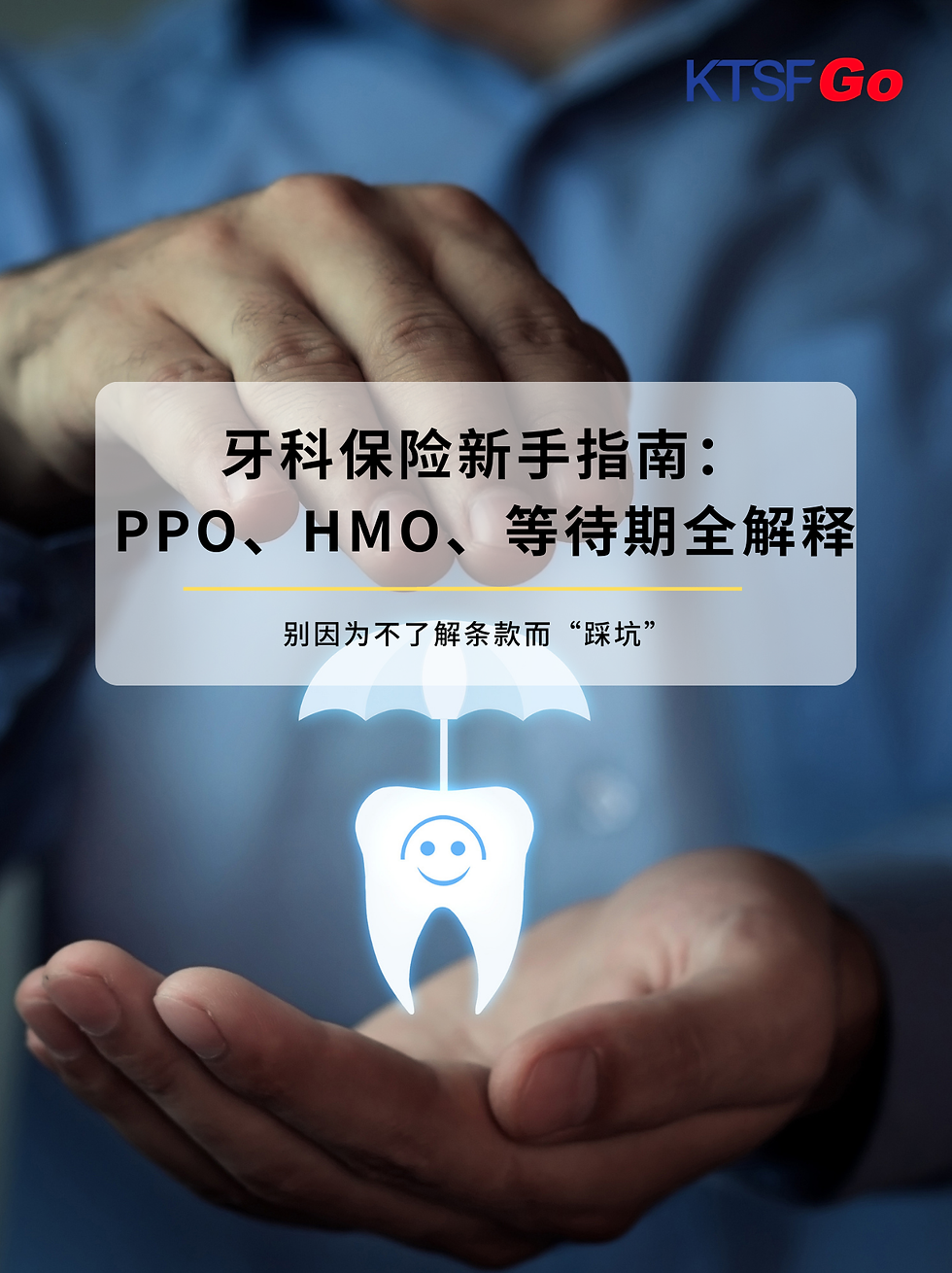The Journey of Pregnancy: A Complete Guide from Conception to Delivery and Postpartum Recovery
- xyang960
- Oct 14, 2025
- 3 min read
Pregnancy: More than a journey, a transformation of life
From a single fertilized egg to the birth of a new life, pregnancy is one of the most miraculous biological processes. Over the approximately 280 days of pregnancy, not only does the fetus develop step by step, but the mother’s body, emotions, mindset, and lifestyle also undergo massive changes.
Whether you’re a first-time expectant mother or planning to conceive, this guide will walk you through every stage of pregnancy—from morning sickness in the first trimester, to feeling fetal movement in the second, recognizing labor signs in the third, and finally, navigating the postpartum recovery phase, often called the “fourth trimester.”
Stage 1: First Trimester (Weeks 1–12)
Fetal Development
Week 1: Ovulation and fertilization occur, the fertilized egg travels through the fallopian tube.
Week 2: Embryo implants into the uterine lining.
Week 4: HCG hormone begins production—pregnancy can be detected via urine or blood.
Week 6: The fetal heart begins to beat; detectable via ultrasound.
Weeks 8–12: Placenta begins forming; fingers, toes, eyes, and neural systems develop.
Maternal Changes
Fatigue, sleepiness, breast tenderness
Nausea and vomiting (“morning sickness”)
Mood swings, irritability, or anxiety
Changes in appetite (e.g., cravings or food aversions)
Constipation, frequent urination, mild abdominal discomfort
🔍 Medical Advice
Take folic acid (400–800μg/day) to prevent neural tube defects
Avoid any non-prescribed medications
Stop smoking/alcohol, reduce caffeine intake
Seek immediate care for persistent bleeding or abdominal pain

Stage 2: Second Trimester (Weeks 13–28)
Fetal Growth Highlights
Grows to ~30 cm, weighs ~0.7 kg
Gender becomes identifiable; organs develop further
Begins producing meconium, swallows amniotic fluid
Bone marrow starts producing blood cells
Hearing and touch begin developing
Fetal movement typically felt around week 20
Maternal Changes
Increased appetite, noticeable weight gain
Abdominal growth, darkening of areolas
Stretch marks may appear
Mild swelling, itchy skin, nasal congestion
More pronounced back and lower back pain
Emotionally more stable
🧘♀️ Health Tips
Eat a high-protein, low-sugar diet
Increase calcium and iron intake; try prenatal yoga or swimming
Begin prenatal bonding and music stimulation
Continue regular checkups, including genetic and structural ultrasound screenings
Stage 3: Third Trimester (Weeks 29–40)
Final Fetal Development
Bone hardening, fat accumulation, significant weight gain
Lungs mature; can breathe independently
Opens/closes eyes, sucks fingers, starts gripping
Lanugo (fine hair) sheds; vernix (protective coating) forms
Baby's head descends into pelvis in preparation for birth
Maternal Changes & Labor Signs
Heartburn, insomnia, frequent urination
Breathing difficulty, discomfort when sitting/standing
Braxton Hicks contractions (irregular/mild) vs. real contractions (regular/intense)
Colostrum may leak from breasts
Emotional sensitivity, anxiety
🧭 Labor Preparation Checklist
Pack a hospital bag (ID, insurance, clothing, prenatal records)
Create a birth plan (pain relief, delivery preferences)
Coordinate with your hospital and midwife
Recognize signs: water breaking, bloody show, regular contractions
Stage 4: Postpartum Recovery (Weeks 41–52) – “The Fourth Trimester”
Physical Recovery
Lochia: Lasts 2–6 weeks, changing from red → brown → yellow
Uterine Contraction: Strengthened by breastfeeding; aids uterus recovery
Breast Tenderness: Fluctuations in milk production
Perineal/C-section wound pain
Emotional Changes
Mood swings, frequent crying
Poor sleep quality
Fatigue, irritability
Some women may develop postpartum depression
💡 Recovery Tips
Nutritional support: high-protein, iron-rich, well-hydrated
Postpartum checkup at 6 weeks (uterine recovery, lochia, emotional screening)
Seek help from a postpartum nanny or family
If emotional lows persist, seek mental health support
Your body is creating life—treat it gently
Pregnancy is never a one-person journey—it’s a physical, emotional, familial, and social collaboration. The more we understand this process, the more we can appreciate the strength and grace of every mother. May all expecting mothers receive the support, understanding, and respect they deserve, and may every newborn arrive in health and love.

















Comments